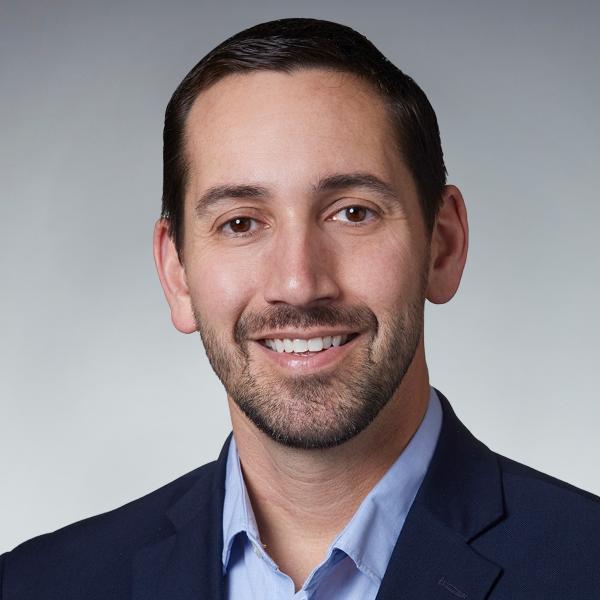For the first time ever, specialty medications make up 50% or more of plan sponsors’ total drug spend, despite accounting for only 4% of total pharmacy prescriptions. And within the specialty space, about 40% of drugs are billed through the medical benefit.
The current specialty pipeline is full of medications that will be billed under the medical benefit or, in some cases, both medical and pharmacy benefits. Of these drugs, gene therapies, biosimilars and cancer treatments are three critical categories to consider. That’s because:
- 88% of the two currently approved gene replacement therapies are billed under medical;1 and approximately 20 gene therapies are expected to be approved by 2025, with prices ranging from $850K-$5M.
- 20 of the 36 approved biosimilars have historically been managed under medical or both benefits.
- In 2021, 86% of primary oncology therapies were managed under medical only.1
Why plan sponsors should pay close attention to the specialty drug pipeline
The growing number of drug approvals and alternative therapies underscore the need for a better way to manage the cost of specialty drugs billed through the medical benefit, which typically lacks the oversight afforded under the pharmacy benefit.
Within the pharmacy benefit, plan sponsors have historically been able to apply proven drug trend management strategies that help optimize member access to the most affordable medications and manage overall pharmacy spend, including:
- Drug formularies
- Utilization management (UM)
- Automated claims processing
- Site of care redirection
- Rebates
However, these tools have not been as rigorously applied to specialty drugs billed through the medical benefit due to a variety of factors, including:
- Underinvestment in technology
- Disparate systems
- Lack of vendor cohesion
- Staffing limitations
- Changes in clinical criteria for complex drugs
And as more new drugs come to market, many of which are likely to carry extremely high price tags, the impact of these issues should only continue to be magnified.
The costs of fragmented medical drug oversight
Disconnected visibility of medical drug spending is a persistent, expensive challenge for plan sponsors. In fact, administrative complexities related to tasks like coding, billing and payment documentation cost the healthcare industry $265 billion in waste annually. A significant amount of these costs can be attributed to subpar UM and claims management, like improper dosing and payment on duplicate claims, which then result in over-utilization and over-payment.
According to Express Scripts’ analyses, approximately 17% of denied medical drug claims fall outside of Food and Drug Administration (FDA) dosing recommendations and 45% are submitted with a billing error, such as a HCPCS-NDC code mismatch.2
While these issues remain common for plan sponsors, a comprehensive, integrated medical benefit drug management solution can help make them less pervasive—and less financially damaging.
Optimize savings with an integrated, automated solution
Many plans take an a la carte approach to medical benefit drug management, only pursuing solutions to address problematic areas like UM or claims specifically. But tackling it on a more holistic basis with an integrated mix of automated tools that work in tandem with one another has been proven to generate the most powerful results.
In fact, Evernorth’s Medical Drug Management suite guarantees a minimum 3:1 return on investment (ROI). On average, clients have experienced savings of approximately $8 per member per month.3 And in the unlikely event that a minimum 3:1 ROI isn’t achieved, the program pays out annually.
A key for every lock: What an ideal medical drug management solution looks like
To unlock the most value from medical drug management, plan sponsors should look to customize a solution that addresses all their needs as holistically as possible. At a minimum, here’s what the components of an optimal program include, and why each is important:
- UM with built-in dosing policies: Ensures safe and appropriate use of high-cost specialty drugs through consistent application of approvals, denials and step management across benefits
- Claims prepayment review: Reimburses based on outcomes of UM, which are validated against clinical norms
- Post service claims edits: Guarantees claims are reimbursed within appropriate FDA dose and diagnosis guidelines
- Site of care redirection: Steers therapies to the most clinically appropriate and lowest-cost sites of care
- Medical rebates: Maximizes savings on medical drug costs in alignment with UM strategy
- Fully compliant capabilities: Enables seamless compliance with Centers for Medicare & Medicaid Services (CMS), National Committee for Quality Assurance (NCQA) and Employee Retirement Income Security Act (ERISA) requirements
Cohesive oversight equates to powerful savings
Recently, Evernorth leveraged the automated review protocol of its Medical Drug Management suite to seamlessly flag a major claims discrepancy for one health plan. And thanks to the solution’s robust UM process and the interconnectedness of its various components, the claim was seamlessly corrected.
The results? This plan was able to realize cost aversion for both the drug and the drug’s administration amounts, totaling $61,500 in a single year for one patient. Plus, the patient was directed to more clinically appropriate therapy.
For a more detailed illustration of how the Evernorth’s Medical Drug Management suite generated these outcomes, click here to view our infographic.
This is just one example of the many ways Evernorth’s solution helps plan sponsors improve inadequate medical drug management—which isn’t just costly; it can also be unsafe. But having the right set of complementary tools in place is a proven way to overcome both of these critical challenges.




